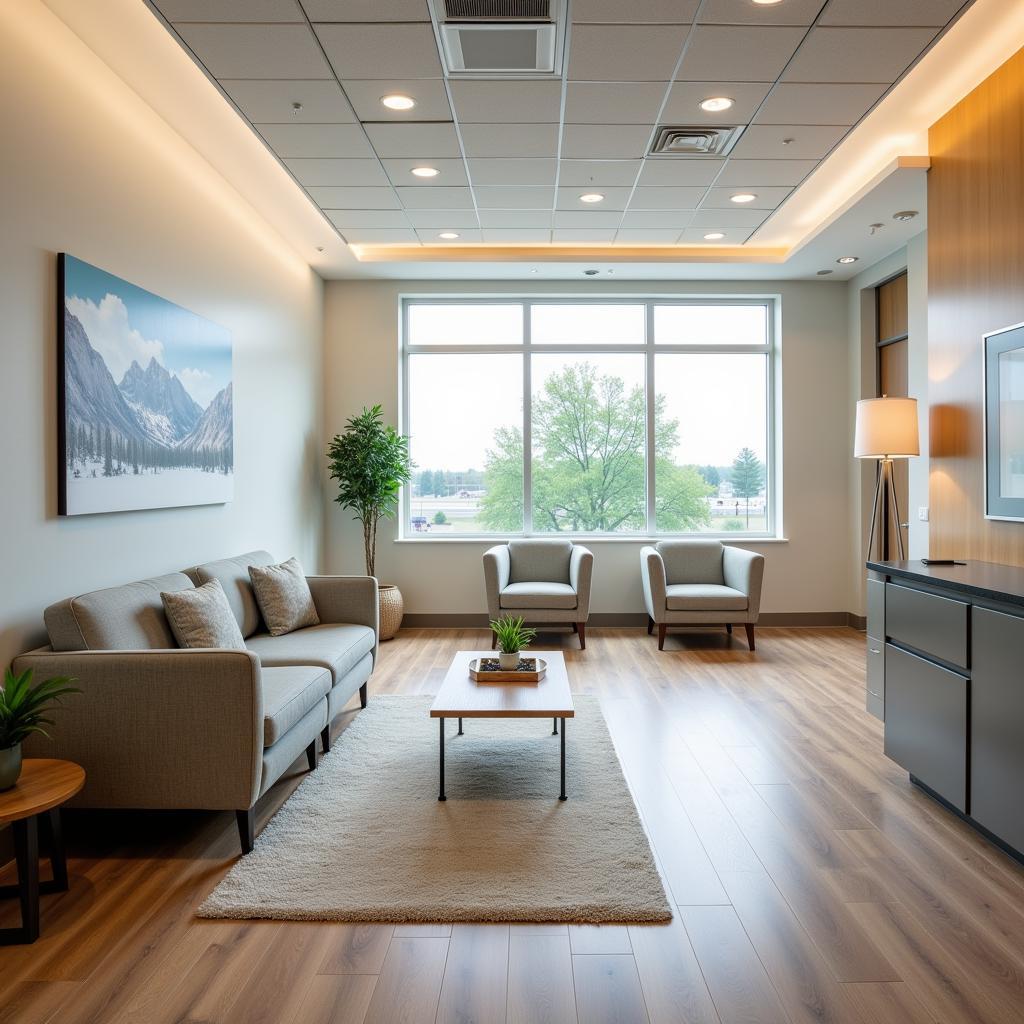When facing a medical situation that requires an MRI, it’s natural to wonder about the best place to have this important scan. Choosing between an MRI at a hospital vs. imaging center depends on several factors, including your specific needs, insurance coverage, and personal preferences. Let’s break down the key differences to help you make an informed decision.
Understanding the Basics: MRI at a Hospital vs. Imaging Center
Before diving into the details, let’s clarify what each option entails:
-
Hospital-based MRI: These scans are performed within a hospital setting, often using advanced imaging technology. Hospitals are equipped to handle a wide range of medical conditions and emergencies, making them suitable for complex cases.
-
Imaging Center MRI: These centers specialize in diagnostic imaging services, including MRI scans. They typically offer shorter wait times, convenient scheduling, and a more patient-centered experience.
Key Considerations for Choosing the Right Option
1. Complexity of Your Medical Condition:
-
Hospital MRI: Ideal for complex cases, multiple medical conditions, or patients requiring close monitoring during or after the scan. If your doctor suspects your condition might require immediate treatment or hospitalization, a hospital setting is generally safer.
-
Imaging Center MRI: Suitable for routine scans and patients in stable health. If you have a straightforward referral for an MRI and no underlying health concerns, an imaging center can efficiently provide the service.
2. Insurance Coverage and Cost:
-
Hospital MRI: Costs tend to be higher due to hospital overhead and potential facility fees. Check your insurance policy for coverage details and any out-of-pocket expenses you might incur.
-
Imaging Center MRI: Often more affordable, with transparent pricing options available. Many imaging centers accept a wide range of insurance plans and offer competitive self-pay rates.
 Patient Reviewing MRI Results with Doctor
Patient Reviewing MRI Results with Doctor
3. Availability and Wait Times:
-
Hospital MRI: Scheduling might involve longer wait times due to high demand and emergency cases taking precedence.
-
Imaging Center MRI: Generally offer more flexible scheduling options and shorter wait times due to specialized focus on imaging services.
4. Technology and Expertise:
-
Hospital MRI: Often equipped with the latest imaging technology, including high-field MRI machines for detailed images. Access to a wide range of medical specialists within the hospital.
-
Imaging Center MRI: Many centers invest in advanced MRI technology, and their staff is specifically trained in diagnostic imaging.
5. Patient Experience:
-
Hospital MRI: Can feel more clinical and impersonal. Navigating a large hospital environment might be overwhelming for some patients.
-
Imaging Center MRI: Prioritize patient comfort and convenience, often offering amenities like comfortable waiting areas, noise-canceling headphones, and personalized attention.
 Modern Imaging Center Waiting Area
Modern Imaging Center Waiting Area
Making the Choice: Hospital MRI vs. Imaging Center
Ultimately, the best option for you depends on your individual needs and preferences. Discuss your specific situation with your doctor, considering factors like:
- Urgency of the scan
- Complexity of your medical history
- Insurance coverage and budget
- Comfort level with a hospital or imaging center environment
By carefully weighing these factors, you can confidently choose the best setting for your MRI scan.
For those seeking comprehensive medical care and access to specialized services, hospital Jacob offers a wide range of options. To understand the distinctions between a hospital and a clinic setting, you can find more information on what is the difference between hospital and clinic.
Frequently Asked Questions
1. Is an MRI at a hospital more accurate than at an imaging center?
The accuracy of an MRI scan depends more on the quality of the equipment and the expertise of the technician rather than the location itself. Both hospitals and reputable imaging centers invest in high-quality MRI machines and employ qualified technicians.
2. Will my insurance cover an MRI at any facility?
Insurance coverage varies depending on your specific plan. It’s essential to contact your insurance provider to confirm coverage for both hospital-based and imaging center MRIs.
3. Can I choose my own MRI facility?
Your doctor will typically provide a referral for an MRI, and they might have preferred facilities based on factors like insurance coverage and the type of scan needed. However, you can discuss your preferences and explore other options if you have concerns.
4. How long does an MRI scan typically take?
The duration of an MRI scan can range from 30 to 60 minutes, depending on the body part being scanned and the complexity of the imaging required.
5. What should I wear to my MRI appointment?
It’s best to wear comfortable, loose-fitting clothing without any metal components. You might be asked to change into a gown, depending on the area being scanned.
Need further assistance?
Contact us at Phone Number: 02437655121, Email: [email protected] Or visit us at: 298 Cau Dien Street, Minh Khai, Bac Tu Liem, Hanoi, Vietnam. Our dedicated customer support team is available 24/7 to address your inquiries.